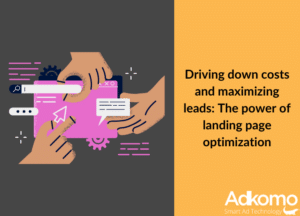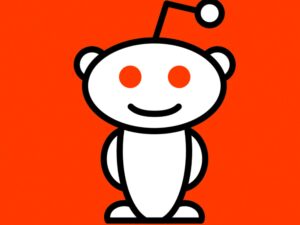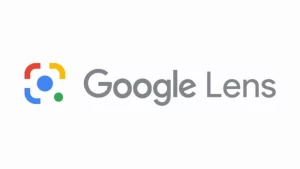Update: Sam Altman is back to OpenAI. In a recent announcement on X, OpenAI confirmed that Sam Altman has accepted the role of leading the company once again. This development comes shortly after his unexpected removal as the chief executive, a move that triggered a spontaneous uprising among employees and raised concerns about the stability of the pioneering artificial intelligence company.
In a surprising turn of events, Sam Altman, ousted from his position as OpenAI’s CEO, has found a new home at Microsoft, as announced by Satya Nadella, Microsoft’s chairman and CEO. Altman, accompanied by OpenAI co-founder Greg Brockman and a group of colleagues, will spearhead a new advanced AI research team within Microsoft.
However, reports suggest there’s a twist in the tale, as Altman may still be considering a return to lead OpenAI, adding an intriguing layer to the unfolding narrative. The majority of OpenAI employees have reportedly threatened to resign unless the current board steps down.
Microsoft, having already invested heavily in OpenAI, views this acquisition of talent as a strategic move, fortifying its capabilities in the field of artificial intelligence. This development holds significant implications for the future of both OpenAI and Microsoft, as the tech giants navigate the evolving landscape of AI research and development.
Despite the personnel shift, Microsoft reassures its commitment to the partnership with OpenAI. The company has invested over $10 billion in OpenAI, utilizing its technologies, such as Microsoft Copilot (formerly Bing Chat), and various other products. This move is seen as a strategic win for Microsoft, securing talent that can leverage OpenAI’s intellectual property.
While the appointment of Mira Murati as the interim CEO after Altman’s removal was initially made, the subsequent appointment of Emmett Shear adds another layer of uncertainty. Shear’s outspoken views, including criticism of Microsoft and advocating for a slowdown in AI development, raise questions about the longevity of his tenure as CEO.
The turmoil within OpenAI, reflected in the mass letter of resignation from its employees, further complicates the situation. Murati and many other current and former employees emphasize the critical role of the talented workforce, indicating that OpenAI’s strength lies in its people.
The board’s decision to stand by the removal of Altman and Brockman has triggered a strong reaction from the employees, who argue that it jeopardizes the company’s mission and work. Microsoft’s promise to offer positions to OpenAI employees in a new subsidiary provides a potential avenue for talent retention.
The chaos within OpenAI is detailed in The Atlantic’s article, shedding light on the ideological divides that emerged following the commercial success of ChatGPT. As Microsoft embraces Altman and his team, the repercussions of this saga may reshape the landscape of AI research and development.
Source: Search Engine Land





